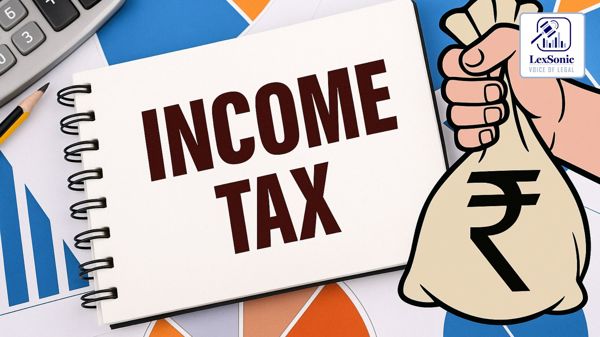Ensuring Fairness in Tax Administration: A Case on Judicial Compliance?
28 March 2024
Income Tax >> Tax Laws
In a recent ruling of M/s. OM Siddhakala Associates through its Partner Mayur D. Walhekar v/s Deputy Commissioner of Income Tax, CPC through Jurisdictional Assessing Officer (Respondent No. 2) & Others, the legal framework surrounding the Income Tax Act, 1961, was put to the test as a petitioner challenged an order from March 28, 2023, issued by a lower revenue authority, referred to as Respondent No. 3. The case underscored the critical importance of adhering to judicial discipline within tax administration.
Background of the Case:
The petitioner filed an application under Section 264 of the Income Tax Act, seeking relief from an order that rejected their claims based on a misinterpretation of the amendments to the Act. Notably, Respondent No. 3 based their decision on the fact that the tolerance limit for discrepancies between declared sales and stamp duty valuation was revised through legislative changes—first to 5% in 2018 and then to 10% in 2020. Respondent No. 3 asserted that these amendments were prospective and could not be applied retroactively, thereby dismissing the petitioner’s contentions.

Legal Precedent:
The petitioner invoked the landmark ruling from the Supreme Court in Union of India v. Kamlakshi Finance Corporation Ltd. This case established that revenue officers must adhere to the decisions of higher appellate authorities, emphasizing that subordinate officials are bound by the rulings of the Appellate Collector and the Income Tax Appellate Tribunal (ITAT). The Supreme Court's remarks were critical, noting the need for these authorities to follow appellate orders unconditionally, even if they find the order unpalatable or if it is subject to appeal.
The Court expressed concerns regarding the potential harassment of assessees and the chaos that could ensue in tax administration if subordinate authorities disregard appellate decisions. The ruling highlighted the principle of judicial discipline, which requires strict adherence to the judgments of higher authorities unless explicitly suspended by a competent court.
Outcome of the Petition:
In light of these considerations, the court quashed the order issued on March 28, 2023, and remanded the case to Respondent No. 3 for fresh consideration. The directive stipulated that Respondent No. 3 must comply with the legal framework established by the ITAT and provide the petitioner with a fair opportunity for a personal hearing. The court mandated that the petitioner be notified at least five working days in advance of this hearing, and should they wish to submit further written arguments, they would have three additional working days to do so after the hearing.
Moreover, the order that follows this process must be reasoned, addressing all submissions made by the petitioner, and is to be finalized by June 30, 2024.
Conclusion:
This case serves as a poignant reminder of the importance of judicial discipline within the tax administration framework. By reinforcing the requirement for revenue officers to adhere to higher appellate rulings, the court aims to prevent undue hardship for assessees and uphold the integrity of tax law enforcement. The outcome not only reinstates the rights of the petitioner but also reinforces the broader principle that fair administration of justice requires respect for established legal precedents. The decision thus marks a significant step toward ensuring fairness and accountability within the taxation system.
